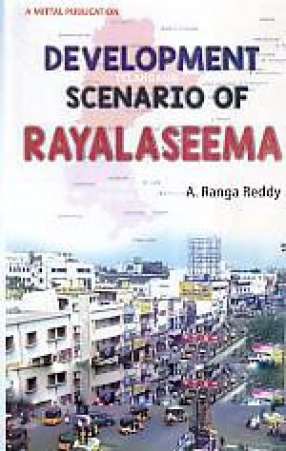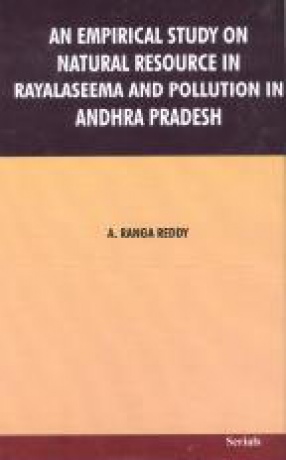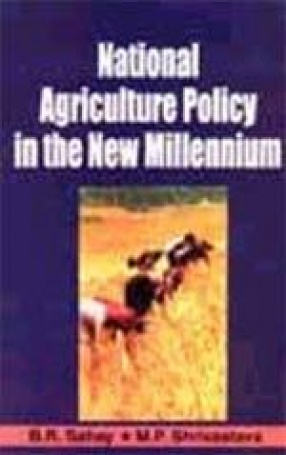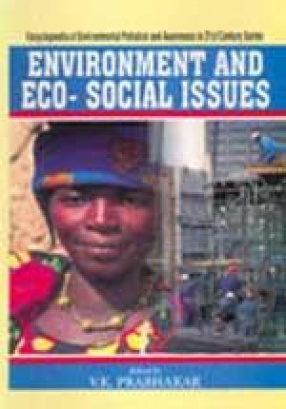Even after six decades of independence, the significance of Indian agriculture is overburdened with more people, more area, less economics, which is solidly depending on vagaries of monsoon. Government’s rural development has not made the desire impact on the lives of people. However, the degraded moonscape of Jhabua district became the setting for a major watershed development programme. This grew into other programmes of rural development. The poorest of the poor are reaping the benefits today. The objective is to trap every drop of rain, people have to demand nullahs, build tanks and watersheds. To conserve soil people had to plant fruit bearing trees. Soon, there was grass for cattle and crop[s of different kinds. Anna Hazare and Ralegan Siddhi’s people got used to producing surplus water and began to build brick houses for themselves. The Primary aim is to make water every body’s responsibility and to ensure that water management is not a centralised issues that the state has to deal with. All water comes from rain. Rain is decentralized. So is the demand for water. Why can’t we decentralize scientific supply? Farmers, NGOs, Self-Help Groups, Vana Samarakshana Samithis, Gram Sabhas, State and Water Users’ Associations have to participate enmasse for promoting integrated watershed development and water harvesters have to make India green for avoiding chronic droughts and famines.

Watershed Management for Sustainable Development
In stock
Free & Quick Delivery Worldwide
reviews
Bibliographic information
Title
Watershed Management for Sustainable Development
Author
Edition
1st ed.
Publisher
ISBN
8183240097
Length
xiv+317p., Tables; Figures; References; Bibliography; Index; 23cm.
Subjects






There are no reviews yet.